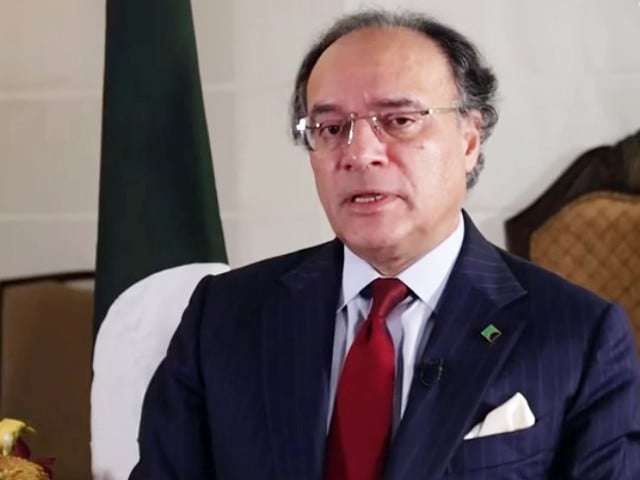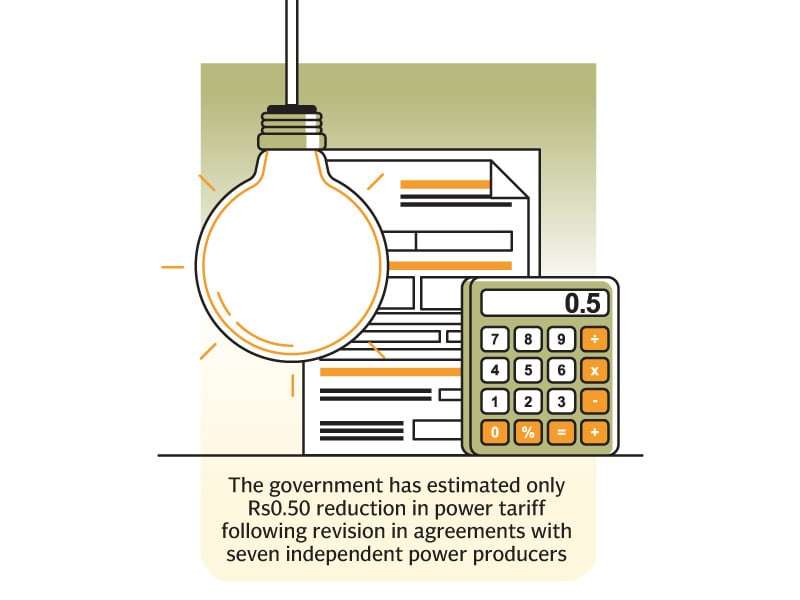ISLAMABAD: Pakistan has announced its request for an additional loan of 10 billion yuan (approximately $1.4 billion) from China, underscoring the ongoing external financing challenges the country faces.
Finance Minister Muhammad Aurangzeb met with China’s Vice Minister of Finance, Liao Min, where he “requested the Chinese side to raise the limits under the Currency Swap Agreement to CNY 40 billion,” according to a statement released late Saturday by the Ministry of Finance. Pakistan has fully utilized the existing CNY 30 billion ($4.3 billion) trade facility to repay debts, and is now seeking to increase this limit by an additional CNY 10 billion, translating to $1.4 billion at current exchange rates.
This request was made on the sidelines of the annual meetings of the International Monetary Fund (IMF) and the World Bank. If approved, the total facility would rise to approximately $5.7 billion.
However, this is not the first time Pakistan has sought to increase its debt limit. Beijing has previously declined such requests. Notably, this request comes just two weeks after China extended the current $4.3 billion (CNY 30 billion) facility for an additional three years. During a recent visit by Chinese Prime Minister Li Qiang, the two countries signed a currency swap agreement, extending Pakistan’s debt repayment period to 2027.
Pakistan has already fully consumed the existing $4.3 billion trade finance facility under the China-Pakistan currency swap arrangement. The Ministry of Finance has not specified the reasons behind seeking this additional $1.4 billion, especially considering that both the IMF and Pakistan previously claimed the financing gap for the $7 billion program had been addressed. Sources indicate that uncertainty surrounding certain pipeline loans has necessitated this new request.
To further address its financing gap, Pakistan has accepted a term sheet for a $600 million commercial loan, which is among the most expensive loans it has secured. However, the IMF distanced itself from Pakistan’s decision to secure this costly commercial loan, clarifying that it was not linked to the requirements for the $7 billion bailout package. Aurangzeb informed the National Assembly Standing Committee on Finance that the government had arranged the $600 million financing at an 11% interest rate for IMF program purposes.
The finance ministry highlighted that both ministers reaffirmed the all-weather strategic cooperative partnership between Pakistan and China. The bilateral currency swap agreement (CSA), originally signed in December 2011 between the State Bank of Pakistan (SBP) and the People’s Bank of China, aims to promote bilateral trade, foreign direct investment, and short-term liquidity support.
In the fiscal year 2021, the initial limit of 20 billion yuan was raised to 30 billion yuan ($4.5 billion) for a three-year period, matched with Pakistani rupees and maturity periods of three months to one year, according to the central bank.
ALSO READ:
In November 2022, then-Finance Minister Ishaq Dar also sought an increase of 10 billion yuan ($1.5 billion) due to delays in loans from other bilateral and multilateral creditors.
Pakistan has largely utilized the Chinese trade finance facility to repay foreign debt and stabilize its foreign currency reserves to prevent market panic. The current $4.3 billion facility is part of SBP’s foreign exchange reserves, which stand at approximately $11 billion. Additionally, China has provided $4 billion in SAFE deposits, which contribute to foreign currency reserves, as well as $4 billion in commercial loans. Nonetheless, Pakistan’s foreign exchange reserves remain lower than its debt obligations to China.
The finance ministry stated that Aurangzeb expressed gratitude to the Chinese government for its unwavering support in Pakistan’s socio-economic development and its assistance in securing the IMF’s Extended Fund Facility (EFF). He also indicated Pakistan’s eagerness to learn from China’s economic reform experiences and informed the Chinese vice minister about plans to launch an inaugural Panda bond in the Chinese market to diversify financing options. Furthermore, Aurangzeb assured China of enhanced security for Chinese workers in Pakistan, emphasizing the importance of online payment settlements and the integration of the two countries’ payment systems



